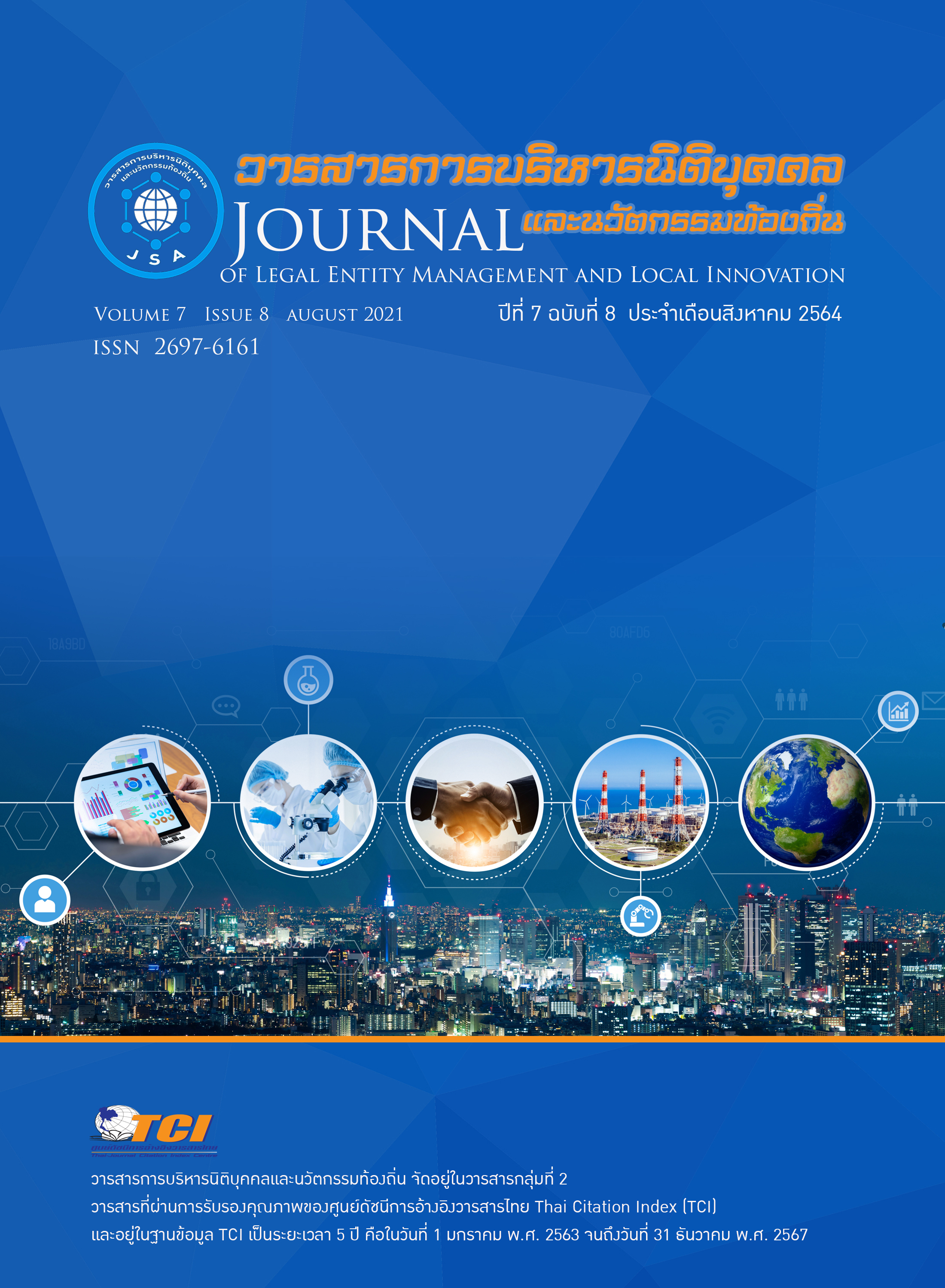Desired Traits of as Perceived by Graduate Qualifications of Graduate Users Faculty of Management Sciences, Chandrakasem Rajabhat University
Keywords:
Graduate Qualifications, Graduate UsersAbstract
The purpose of this research was to study the characteristics of desirable graduates according to the needs of graduate users and to compare the needs of graduates with the desired characteristics of graduates classified by department. The sample group consisted of 250 graduates from the workplace who enrolled the 4th year students of the Faculty of Management Science to practice professional experiences in the first semester of the academic year 2019. The tools used for collecting data were questionnaires. The statistics used for data analysis were percentage, mean, standard deviation and F-Test (One Way ANOVA) for testing different types of variables. The results show that most graduate users are under private and business units, followed by government agencies, other state enterprises and educational institutions. Desirable graduate characteristics of the Faculty of Management Science Chandrakasem Rajabhat University found that the overall was at a high level and morality and ethics had the highest mean, followed by interpersonal skills and responsibilities, knowledge, intellectual skills and numerical analysis skills communication and use of technology respectively. The hypothesis testing found that graduate users from different departments have different needs for graduate characteristics regarding morality and ethics at statistical significance of .05. The guidelines for developing the desirable characteristics of graduates are as follows 1. Educational institutions should define desirable graduate characteristics in accordance with the graduate identity of the institution and develop strategic plans and goals for student development. By adjusting the paradigm of graduate development that focuses on learning outcomes, including budget allocation for student development and the environment to facilitate the development of learning skills. 2. The curriculum should develop a student development plan yearly and encourage students to be ready to study at the tertiary level over a period of 4 years, with emphasis on integration between relevant departments to implement the concrete plan.


